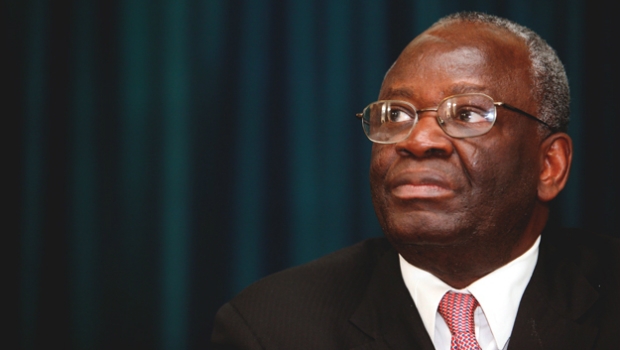Former Nigerian presidential aide Ibrahim Gambari has publicly acknowledged the presence of influential unofficial networks, often termed “cabals,” within the administration of late ex-President Muhammadu Buhari. Serving as Buhari’s chief of staff from 2020 to 2023, Gambari disclosed during a Friday interview on Channels Television’s Inside Sources that despite formal protocols, certain officials bypassed established channels to privately influence the late leader.
Gambari explained that Buhari had mandated all official communications to pass through the chief of staff’s office. However, appointees exploited informal access to the president. “They knew his weak moments and how to interact with him unofficially,” he stated, emphasizing that even Vice President Yemi Osinbajo and ministers adhered to protocol, while others relied on backdoor channels. Though the president allowed these exceptions, Gambari noted returned memos enabled him to track such interactions.
Addressing longstanding speculation about Buhari’s inner circle, Gambari confirmed the existence of a cabal but framed such groups as common across governments. “Every administration has its kitchen cabinet or think tank,” he said, citing former President Olusegun Obasanjo’s reliance on advisors like the late economist Simeon Adebo Aboyade. Gambari characterized these networks as informal yet inevitable, explaining heads of state often lean on confidants for candid counsel.
Reflecting on Buhari’s leadership style, the former diplomat described him as intensely loyal and hesitant to dismiss underperforming officials despite external pressures. Gambari, who previously served as a minister under Buhari’s military regime in 1984–1985, also touched on the ex-president’s contentious 1985 ousting. He cited military peers’ resentment over Buhari’s growing reliance on advisory circles, which they perceived as undermining collective decision-making within the ruling Supreme Military Council.
The revelations shed light on the informal dynamics shaping governance in Buhari’s administration, illustrating the challenges of managing access to power in high-stakes political environments. Gambari’s account underscores a recurring tension in leadership structures: the balance between institutional protocols and the human inclination to trust informal networks.
